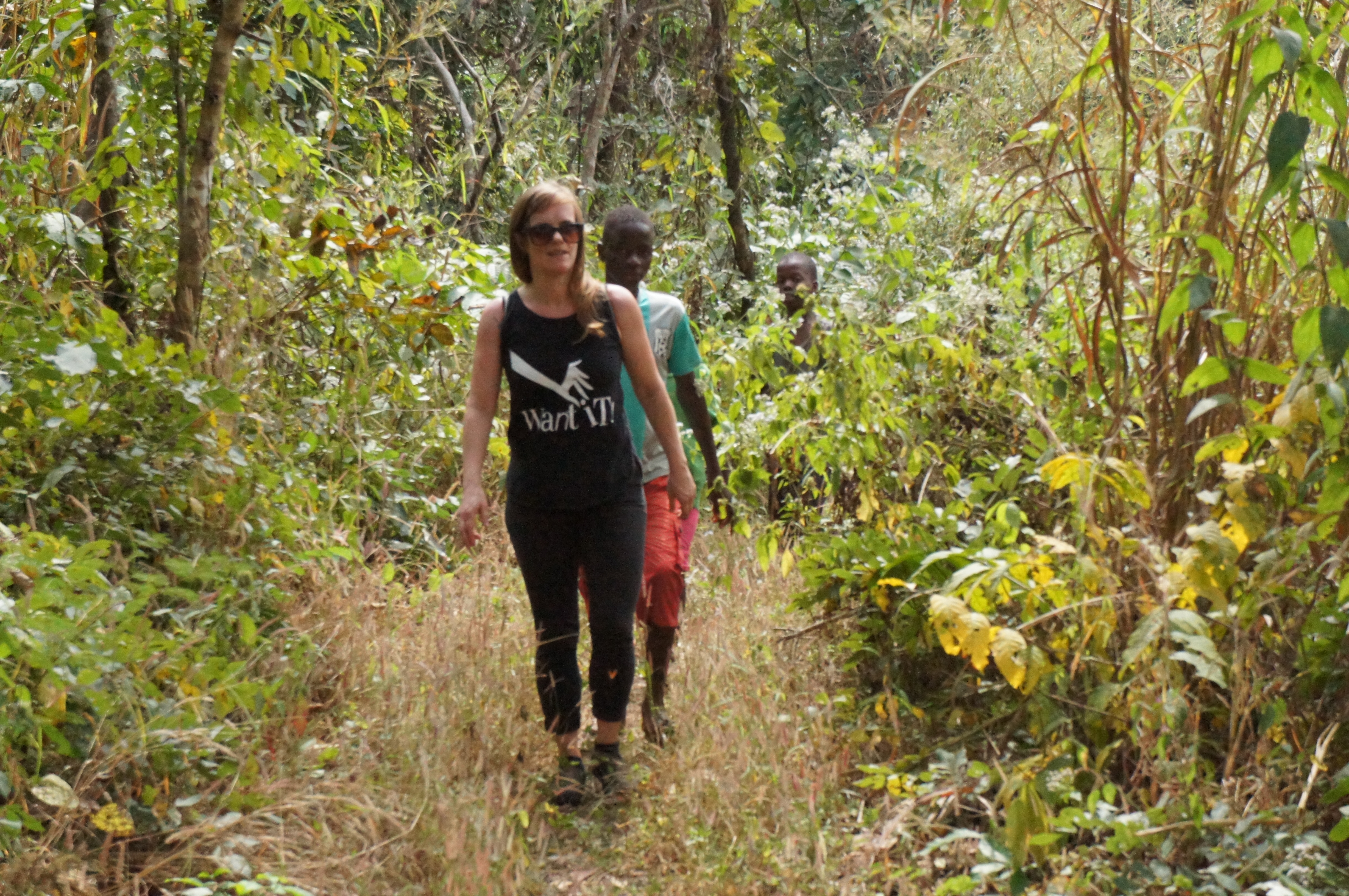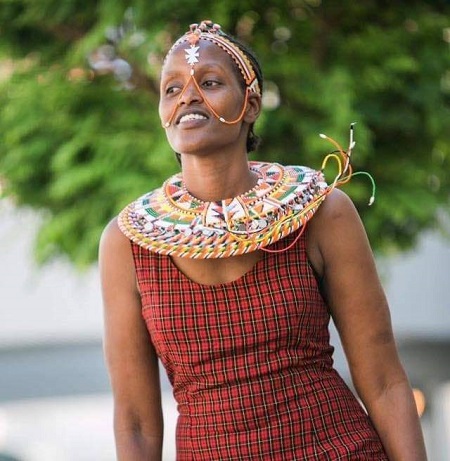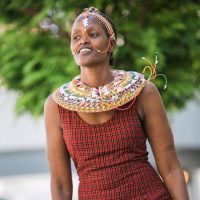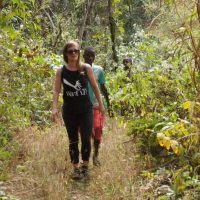Diese Sendung ist in englischer Sprache. This show is in English Language and presented and moderated by Gea Gracner. It consists of two parts: The first part of is an interview with Bernadette Schausberger – a medical anthropologist and global health advisor about pandemic challenges in several African countries. In the second part you will hear an interview done by Radio Helsinki show host Peninah on 26. of January. She interviewed her family members from Kenya about their living situation in those challenging times and thus presents a perspective on the Corona situation of people living in an African country.
“The Covid Pandemic is not such a shock there as it is for Europe”
…is what Bernadette Schausberger tells us about her experience of working in developing countries in Africa and Latin America. What she wants to express by that in the first part of the interview, is that there are already so many existing problems like lack of health care, poverty and food and water shortage, that this pandemic is not perceived as such a heavy burden as it is in the global north.
Access to tests, vaccines and face masks not given
Schausberger tells that although health crises are much more common in African countries, the access to medical care and protection measures such as face masks is not secured in most countries of Africa. Healthcare in general is nothing taken for granted and trust in healthcare is also very low, so it is hardly possible to take comparison between the global south and the global north on the pandemic effects. Another huge difference she notes is that dealing with uncertainties and death is more familiar for inhabitants of unwealthy countries.
Global solidarity decreasing
What Schausberger notices, is that global solidarity is decreasing in the pandemic. It seems that there is no time to think of the unpriviledged right now because of the challenges the pandemic puts on the wealthy countries. We don’t hear a lot in our media about the pandemic in African Countries, and if we do, Africa is often portrayed as one poverty-ridden region, but hardly ever other than that. African countries of course deal very differently with the pandemic, but what can be observed is that even the wealthier countries struggle hard: South Africa, for example, as one of the richest countries of Africa, had to ask for food donations for the first time. Foreign aid is getting less in times of pandemic, according to Schausberger.
Water supply in Samburu County
Peninah Lesorogol from Kenya, living in Graz, called her relatives to ask them about the pandemic effects there. Her brother Nelson working in the government of Samburu County tells about home office and that he hasn’t received his salary in the beginning of the pandemic. Also he explains how they try to supply more water for the semi-desert region, so people can wash their hands more often. Also you hear Peninahs sister working in Nairobi in the Kenya parliament in the field of women’s rights, her brother in law working in aviation and last but not least, her brother who is a wild life conservationist about how they educate people about hygiene measures.

















